Zero Waste 360° Construction™
At WeGoZero, we specialize in conducting external waste audits for the construction and demolition sector. Our audits are essential for any project aiming to enhance waste diversion rates, manage waste effectively, and ensure compliance with environmental EU waste regulations and leading sustainability standards such as BREEAM, LEED, or DGNB.
Our Zero Waste 360 program turns waste into value in 4 simple steps:
- Audit: Make it measurable
- Enable: Legal compliance
- Engage: Involve everyone
- Earn: Make waste an asset
Your Journey to Zero Waste Construction Starts Here
Zero Waste 360° Construction™ empowers developers, contractors, architects, and real estate owners to drastically reduce construction and demolition (C&D) waste, meet EU policy goals, and unlock circular economy opportunities across every phase of the project lifecycle.
Using our 4-phase framework — Audit, Enable, Engage, and Earn — we help projects achieve 90%+ waste diversion, boost ESG performance, and transform waste streams into valuable, circular assets.
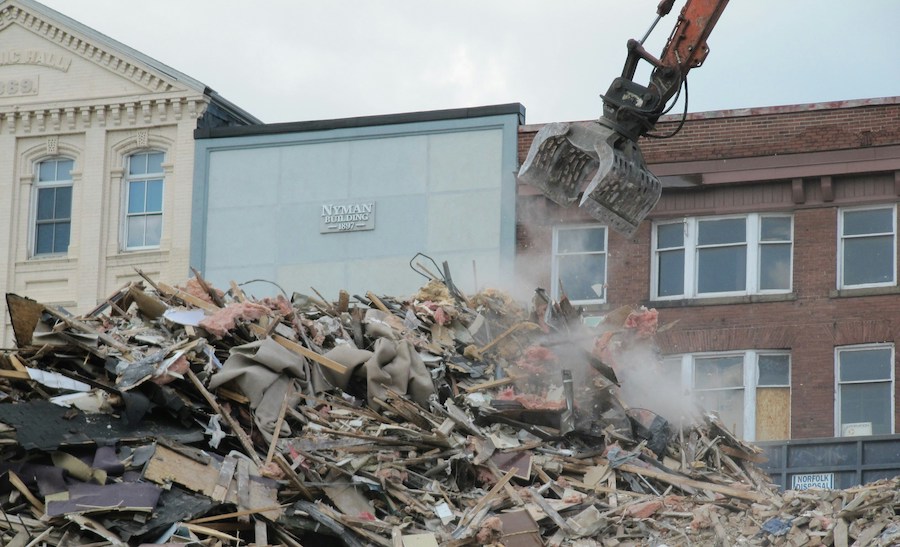
Why Go Zero Waste in Construction?
- Strengthen your ESG strategy with Zero Waste Certification and circularity reporting
- Achieve 90%+ landfill diversion and cut embodied carbon
- Reduce costs by reclaiming materials and enabling reuse at scale
- Involve all stakeholders — from planners to facility managers — in a future-proof project approach
- Ensure compliance with WFD and CSRD regulations
- Align with BREEAM, LEED, DGNB, and Level(s) certification standards
- Rely on trusted partners like Concular for digital material audits and reuse documentation
Make it measurable
Know your waste !
What You’ll Get
- Comprehensive Construction & Demolition Waste Audit Report including regulatory compliance checklist
- Tailored Zero Waste Construction Management Plan aligned with Level(s) and EU regulations
- Stakeholder training and capacity-building materials for site teams, architects, and subcontractors
- Monitoring dashboards and digital tools for tracking waste flows, reuse rates, and compliance KPIs
- Revenue creation strategy with recommendations for circular partnerships and resale opportunities
Trusted by Global Leaders
From BNP Paribas Real Estate to Rhomberg Goldbeck, WeGoZero supports forward-thinking developers, asset managers, and contractors in making circularity a reality on-site. Our work spans complex construction and demolition projects, helping clients achieve zero-waste goals while aligning with green building certifications like BREEAM, LEED, and DGNB. As the built world shifts toward decarbonization and resource efficiency, we’re proud to lead the way in waste reduction and circular material strategies across Europe.

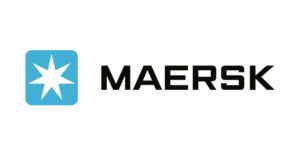



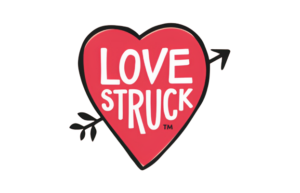
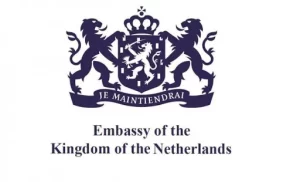

Who is Zero Waste 360° construction™ for ?
Our Zero Waste 360° for Construction™ program is ideal for sustainability-driven developers, general contractors, architecture firms, and real estate investors aiming to reduce environmental impact, meet ESG targets, and align with EU regulations. Whether you’re managing a public infrastructure project, commercial development, or residential build — or working toward standards like Concular audits, LEED, BREEAM, DGNB, or Level(s) — we’re here to support you.
This program is also ideal for urban planners, housing cooperatives, construction schools, sustainability consultants, and municipalities committed to circular building practices and regulatory compliance. Join us in accelerating the shift toward a circular built environment.
Learn more about how we put zero waste into practice
Discover how leading businesses are turning waste into value with our zero waste strategies. Our case studies showcase real-world success stories—from global corporations reducing landfill dependency to local enterprises achieving full circularity in operations. Gain insights into proven methods, measurable impacts, and innovative approaches that demonstrate the power of zero waste.

The Green Deal and Its Impact on Corporate Sustainability Reporting
As part of the Green Deal—Europe’s strategy to achieve carbon neutrality by 2050 through enhanced circularity, social protections, and sustainable practices—the Corporate Sustainability Reporting Directive (CSRD) and Corporate Sustainability Due Diligence Directive (CSDDD) have introduced increasing demands on companies.

Green Goals: The Role of Grass Composting in Achieving Zero Waste at Sports Stadiums
Discover the significant benefits of grass composting in sports stadiums and how it supports zero waste initiatives, enhancing sustainability in sports.

MiZA and WeGoZero: A Powerful Collaboration for a Zero-Waste Future
MiZA x WeGoZero: A Game-Changer for Zero Waste!
Two powerhouses, one mission: a waste-free future.

Case Study: A European Embassy’s Path to Zero Waste
Explore the transformative journey of a European embassy in Athens as it pioneers sustainability practices within the diplomatic sector, aiming for zero waste and enhanced energy efficiency.

Pioneering Sustainability: Aiming for the First Zero Waste Certified Data Center in Europe
As the demand for digital services skyrockets, so does the environmental footprint of data centers, which are pivotal in supporting cloud computing, storage, and connectivity.
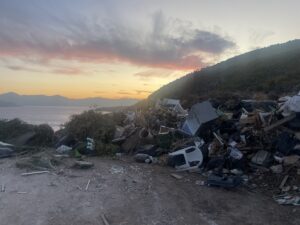
Achieving Zero Waste to Landfill and Incineration: A Strategic Guide for Businesses
Dive into the transformative strategies that enable businesses to eliminate landfill and incineration waste, aligning with environmental goals and regulatory compliance.
Frequently asked questions
A waste audit for C&D waste provides a detailed overview of the materials in a building scheduled for demolition, including waste estimates and management recommendations.
It is essential for recycling and proper waste management, helping the owner meet permit application requirements and enabling accurate waste planning. The audit includes a materials inventory, assesses contamination, hazardous and reusable materials, and factors in recovery feasibility, such as safety, space, and costs.
The final report outlines all findings and recommendations for safe and efficient waste handling throughout the project.
The scope of WeGoZero’s Construction & Demolition Waste Audits covers waste generated from construction, renovation, and demolition activities, excluding design-phase waste and soil excavation.
Our audits begin with identifying the types and quantities of waste materials. Next, we recommend suitable partners for waste handling, considering options like reuse (and its potential value), on-site and off-site recycling, and the associated cost savings and energy recovery opportunities.
Throughout the audit, we maintain a strong focus on local legislation, including environmental permit requirements for on-site waste use and protocols for handling any hazardous materials.
To determine the optimal timing for conducting a waste audit for construction and demolition (C&D) waste, we can consider the following guidelines:
- Before the Call for Tenders – To integrate waste management requirements in tender specifications.
- Before Applying for Permits – To inform permit decisions with audit insights.
- Post-Project Review – To update the audit with actual outcomes for future improvements.
By adhering to these guidelines, you can ensure that waste management considerations are integrated effectively throughout the project lifecycle, contributing to more sustainable construction practices.
The final report includes the audit’s scope, project description, waste summary, and an inventory of hazardous and non-hazardous materials. It may also provide waste management recommendations, traceability processes, and details on local waste facilities.
Conducting waste audits for construction and demolition (C&D) waste offers significant benefits, enhancing both the economic and environmental aspects of a project:
- Facilitates Recycling – Identifies and separates recyclable materials.
- Promotes Fair Competition – Sets standardized waste management practices for contractors.
- Enhances Awareness and Traceability – Improves tracking, especially for hazardous materials.
- Improves Material Quality – Ensures environmental and technical quality in recycled materials.
- Optimizes Waste Management – Helps plan for container needs and sorting processes.
- Boosts Sustainability – Reduces costs and meets environmental standards.
Overall, waste audits add considerable value to construction and demolition projects by ensuring that environmental and technical standards are met, reducing costs, and improving sustainability outcomes.
No. The different services can be provided separately
Our Zero Waste approach focuses on waste reduction and prevention.
Recycling makes part of the Zero Waste philosophy and some of our solutions include it but it is not our main focus.
Let's talk
We are ready to implement together a comprehensive Zero Waste plan in your organization.
